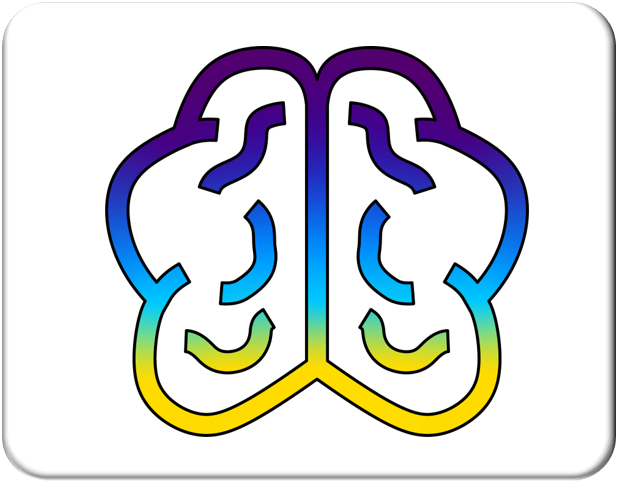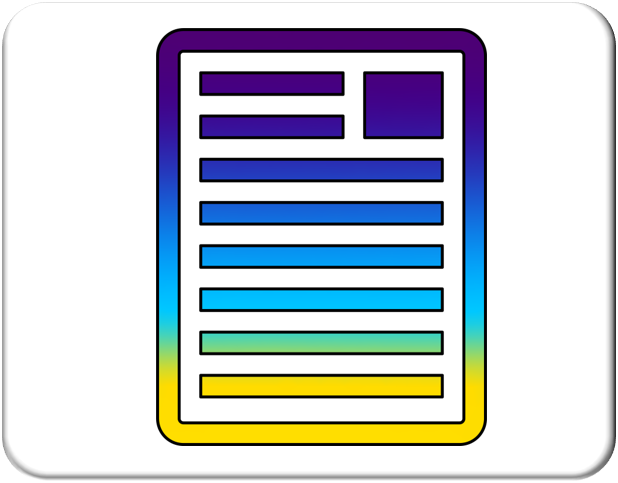So often we’re told not to get angry... We’re told to calm down and be more respectful.
Sometimes this can be helpful advice, and sometimes this is a technique to make us easier to control. So it’s important to know that feeling angry isn’t always bad, and in fact, sometimes it’s very good.
June is usually Queer Pride Month. But sometimes all the racism and queerphobia occurring around the world and even in the UK, what if we express our wrath instead?
We have a lot to fight for and against right now, and so we need to use our wrath effectively. To help, here are five reasons anger can be a good thing, five ways to manage it in a safe, healthy and productive manner, and five ways to use it to fight for change today.

(All images by @doeantlers on twitter)
Positive Anger
Anger as a response to injustice.
When people aren’t treated fairly or respectfully, we can often have an emotional reaction to this that tells us that this mistreatment is morally wrong. Anger helps us feel injustices like racism and queerphobia and want to do something about these issues.
Anger that encourages optimism.
Once we’ve recognized an injustice we then want to do something about it. We want to bring about justice, fairness and equality. This fight implies that we believe that we are capable of achieving these things. Anger gives us the hope and optimism to keep us fighting.
Anger that motivates us.
Not only are we optimistic, but we’re driven. When we’re angry about something we can often feel strongly that we need to act. We need to do something about the problems we see in the world and we feel motivated to make a change.
Anger that improves our problem solving skills.
Sometimes we can react with anger in ways that are unproductive, but overall if anger motivates us to create positive change, then we will look for ways to succeed in making this change. We become focussed on solving the problem, and we begin to look for effective solutions.
Anger that encourages collaboration.
A lot of people get into arguments when they’re angry, and this can often look like the opposite of collaboration. But often the key reason people argue is to convince others of their position and views. Often when we’re angry we want other people to be angry too. We want other people to recognise the injustice and help in the fight to create change. Anger is at the root of community organising.

Managing Anger
Pause.
This isn’t the same as hesitating or refusing to react to a situation. This isn’t always about taking a deep breath and trying to calm down either. But sometimes when we feel angry we need to take a pause and think about how to react to a situation productively. If we’re prone to yelling or breaking things, it’s much better to take a pause and think about how to use our anger in a safer way.
Control.
One of the reasons we feel anger is because we need to take control of an unfair or chaotic situation. A healthy way to manage your anger is to notice what you can and cannot control. We cannot control the weather, the actions of others, accidents, and so forth. But there are things we can control, like how we respond to a problem, what we share online, and who we go to for support. Focus on what you can do and rather than waste energy on what you can’t.
Clarify.
A really helpful way to start a conversation with someone when you’re angry is to simply say how you are feeling. Starting with a statement like, ‘I’m feeling uncomfortable,’ or ‘I’m struggling to manage my frustration,’ or even ‘This makes me feel really mad,’ creates an opportunity for others to give you time and space as you try to explain what you’re thinking or feeling. If people know that your emotions are overwhelming, but you’re doing your best to manage them, hopefully they will be more empathetic and respectful of your position.
Validate.
A lot of people will tell you not to get mad, but it’s okay to get mad sometimes. Remember to tell yourself that your feelings are valid. And if that’s not enough, find friends who can also validate your feelings. Sometimes hearing ‘of course you’re mad, you should be!’ can be a really affirming experience.
Accept.
Accept your anger and accept what you can and cannot do with it. Accept your limitations and know that sometimes you cannot be the sole hero of a problem. We can often feel like we need to take charge and be the saviour of the world, but that’s not realistic. It is far healthier and more helpful to think of ourselves as part of a movement for change. Accept what you can contribute to this movement, and what you can’t contribute but others can. All you can do is your best and that is more than enough.

Using Anger
Write to your MP and the Prime Minister.
There's some helpful info here and here on how to get started with this.
Here are a couple great templates you can use too: Template 1 Template 2
Participate in Online Letters.
Here is a great example of one you can use to help fight current transphobic issues in the UK
Sign Petitions.
There are loads of important petitions online but always read them carefully before signing! Change.org is often a great place to find some.
Raise Awareness.
There are so many ways to promote your position and have your voice heard. You can share posts online, attend protests, or join a group. Find a way that works best for you!

As we celebrate Queer Wrath month, think about the injustices in your country or in the world that make you angry.
Know that your anger is totally valid, and that there is nothing wrong with feeling angry sometimes. Ask yourself how you can use your anger to help make the world a better place, and then use your anger in the fight for change.





